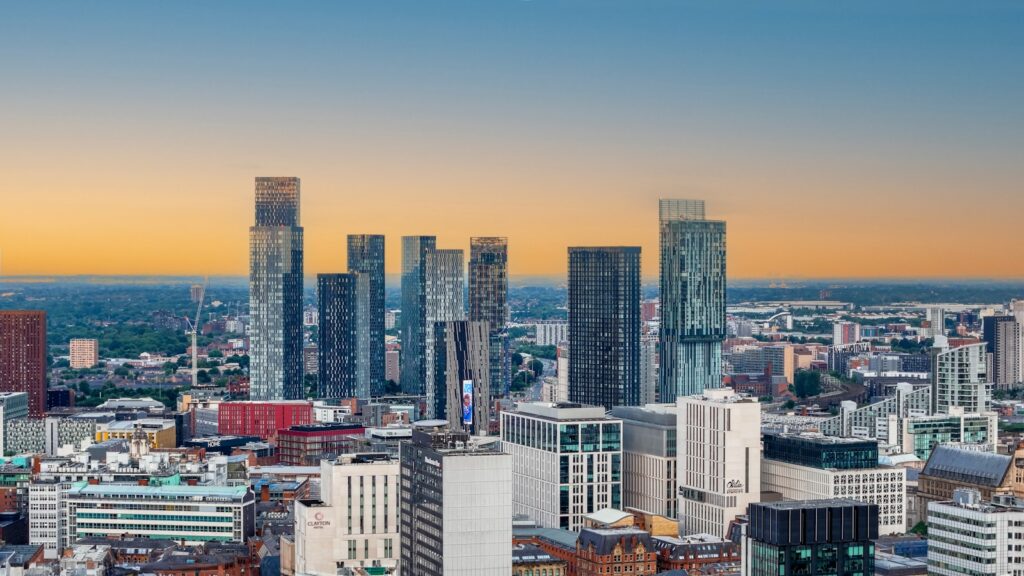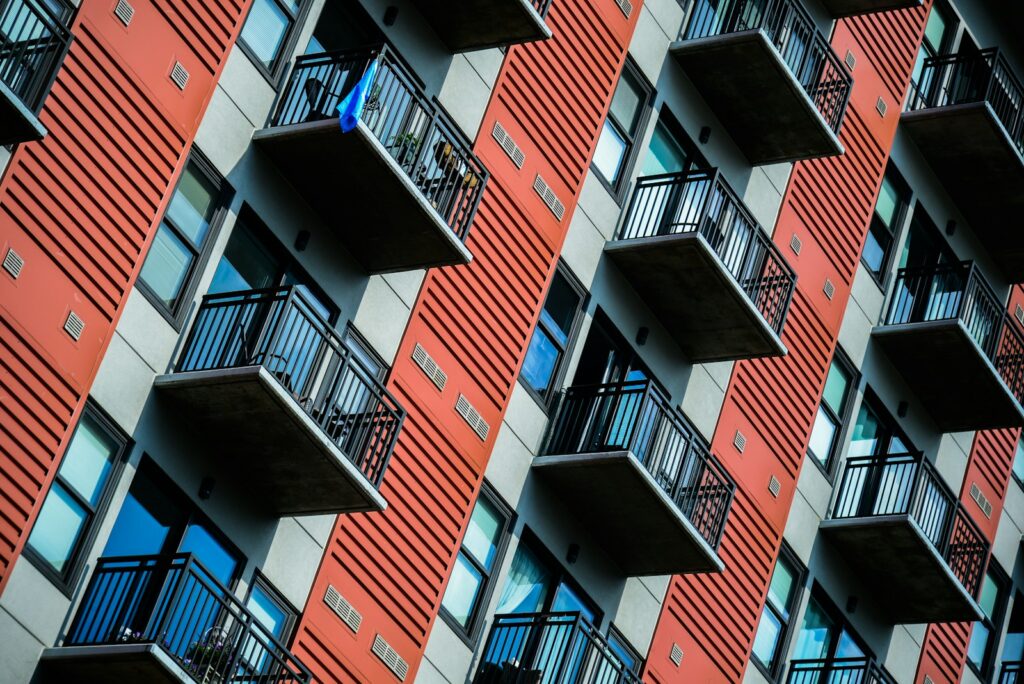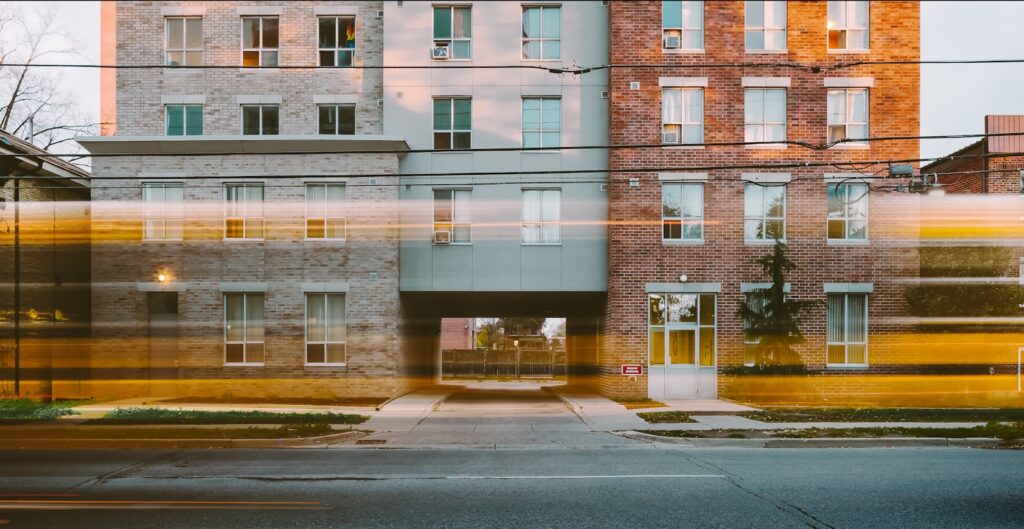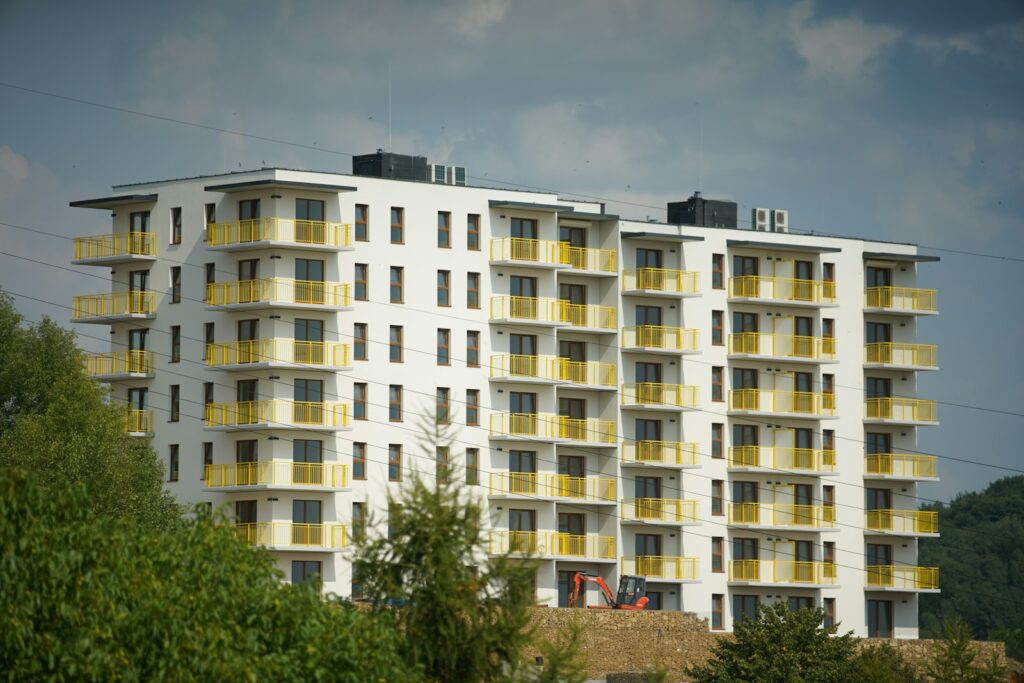The Affordable Housing Commission was established in 2018, by the non-profit, public policy think tank, the Smith Institute.
Paul Hackett is the director of the Smith Institute and is heavily involved in the Affordable Housing Commission. He has responsibility for the Institute’s programme of research and events and was previously Special Adviser to the Deputy Prime Minister, John Prescott.
NewStart got in touch with Paul to talk more about the commission and to discuss some of the issues with the current housing market.
What are the big challenges that the commission hopes to tackle?
In terms of the big picture, the commission is conscious of what has happened in the housing market over the past twenty years. It moves at a dinosaur pace, but when it does change it has a huge impact.
Suddenly, with a double-sized private renter sector, it is much more expensive and is ill-suited to the demands of housing and affordability. So, the question we’re asking is what are we going to do about it? It’s a big challenge, it’s not about increasing supply, affordability goes right across.
There aren’t any simple solutions, it’s a complicated thing because it’s so interrelated with other issues.
There has been a distinct change in the housing world in terms of age profile and homeownership. Older people may own a home with no mortgage, very low housing costs, they may be asset rich and income poor, they can’t repair their homes.
If you look at mortgages, the over 60s often have low housing costs, these home-owners are often able to pass on their wealth to the children, or worryingly buy second homes to rent out to them.
But then you look over there fence and there are a load of people who don’t have homes to pass on, they are in rented accommodation, paying an awful lot more than the people with mortgages.
We have got two worlds here, there is a wealth divide and its getting worse.
This has been hugely exacerbated because those with the wealth have been encouraged to go out and get more properties, hence the rapid growth of the private rental sector. Why wouldn’t you buy a second home if everything else you could invest in has a low-return? Most people are probably honourable about what they do.
This isn’t problematic per se, but with the backdrop of austerity, those who are buying and renting second homes are doing it for profit – we’re asking, is this right?
You mentioned earlier that it’s not just about increasing supply. The government has pledged to build one million houses in the next five years, is this really going to help? and how many of these are going to be affordable?
One million homes rented by private landlords, is that what we want?
Throwing big numbers around like this, what does it mean? Does it mean anything to the individual? People want to know what are you going to give me, in my area, that I can afford.
We’re trying to understand this view and take it to a place where people aren’t stressed by their houses.
We’re not talking about consumer stress because you don’t have the best TV, we’re talking about basic stuff, space, quality, safety, sustainability.
I’m not saying that we should be giving housing away, but we need an affordable benchmark. We need lots of alternatives but let’s not over-egg it and just say we will scale everything up, that won’t resolve the whole issue.
It’s interesting that you mention sustainability as a basic need. I read that it takes 50 tonnes of CO2 to build the average house. How do you think the housing and the environmental crisis can come together?
My kids ask me the same question, and its a very important one, we must reduce our footprint and do that in a sustainable way.
The existing stock is the issue, social housing is the least carbon-emitting, and of course, we should maintain this, but we need to make sure this standard is applied across the whole picture.
Often existing homes will have old boilers, bad insulation, leaky roofs etc, we need to focus on this. But let’s be clear, building new homes costs a lot more than repairing the old one.
At the end of the day, there is a big consensus across the industry that we need to reduce the carbon footprint of housing, but the new standards are going to be hard, and how will they be enforced?
A lot of people probably won’t have the resources to improve their housing and if we push too hard, then you don’t get a just transition, it’s about making peoples lives better, not worse.
If you can’t afford to repair, maintain and make your home efficient, then it’s not affordable. Quality is a part of affordability, it’s not separate.
The Affordable Housing Commision has produced a video on the housing crisis, which you can watch below.


















Leave a Reply